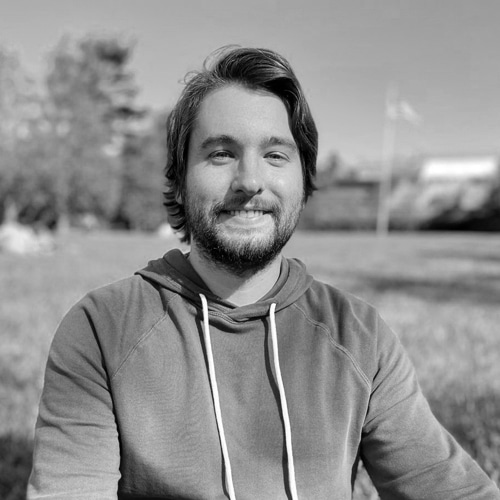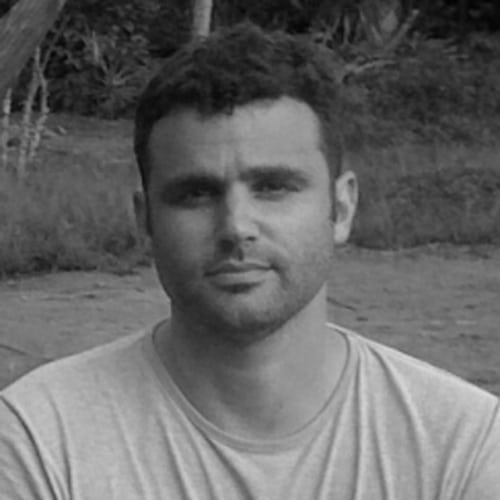
About
Psymposia is a 501(c)(3) research non-profit with a mission to educate the public on psychedelic science and harm reduction. We offer critical perspectives on drugs, politics, and culture.
Subscribe to our newsletter.
We believe solutions start with ensuring that people have access to factual, well-researched information. In pursuit of this goal, Psymposia develops analysis, contributes to academic research, serves as an industry watchdog, organizes events, and challenges those in power in the public interest.
In addition to publishing articles, investigative journalism, and commentary videos, we produce the Plus Three podcast. In partnership with New York Magazine and Vox Media we co-produced season 1 of the podcast Cover Story: Power Trip, the biggest new show launch in Vox Media history. Our work has been featured in The Guardian, Vice, The Nation, Business Insider, The Daily Beast, Wired, ABC’s Four Corners, CBC, and more.
Donate
Psymposia is 100% independent non-profit media. We have no corporate overlords and we never run ads. We are sustained by our readers and listeners who believe in the work we do. Your support is vital. Please donate today!
Editorial Policies
For our editorial philosophy, and policies on advertising and donor influence, whistleblowers, corrections, submissions, republishing, endorsements, privacy, and terms of use, click here.
Contact & Submissions
For general inquiries, press, questions, feedback, and ideas, contact our team. To contact an individual team member, you can find their email address in their biography below.
For submissions: While the majority of our stories are conducted internally by our team, we welcome unsolicited pitches for essays. Please familiarize yourself with our areas of interest and approaches to previous stories before sending us your pitch.
Our Team
About // Donate // Editorial Policies // Contact and Submissions // Team // Advisory Board
About
Psymposia is a 501(c)(3) research non-profit with a mission to educate the public on psychedelic science and harm reduction. We offer critical perspectives on drugs, politics, and culture.
Subscribe to our newsletter.
We believe solutions start with ensuring that people have access to factual, well-researched information. In pursuit of this goal, Psymposia develops analysis, contributes to academic research, serves as an industry watchdog, organizes events, and challenges those in power in the public interest.
In addition to publishing articles, investigative journalism, and commentary videos, we produce the Plus Three podcast. In partnership with New York Magazine and Vox Media we co-produced season 1 of the podcast Cover Story: Power Trip, the biggest new show launch in Vox Media history. Our work has been featured in The Guardian, Vice, The Nation, Business Insider, The Daily Beast, Wired, ABC’s Four Corners, CBC, and more.
Donate
Psymposia is 100% independent non-profit media. We have no corporate overlords and we never run ads. We are sustained by our readers and listeners who believe in the work we do. Your support is vital. Please donate today!
Editorial Policies
For our editorial philosophy, and policies on advertising and donor influence, whistleblowers, corrections, submissions, republishing, endorsements, privacy, and terms of use, click here.
Contact & Submissions
For general inquiries, press, questions, feedback, and ideas, contact our team. To contact an individual team member, you can find their email address in their biography below.
For submissions: While the majority of our stories are conducted internally by our team, we welcome unsolicited pitches for essays. Please familiarize yourself with our areas of interest and approaches to previous stories before sending us your pitch.
Our Team





